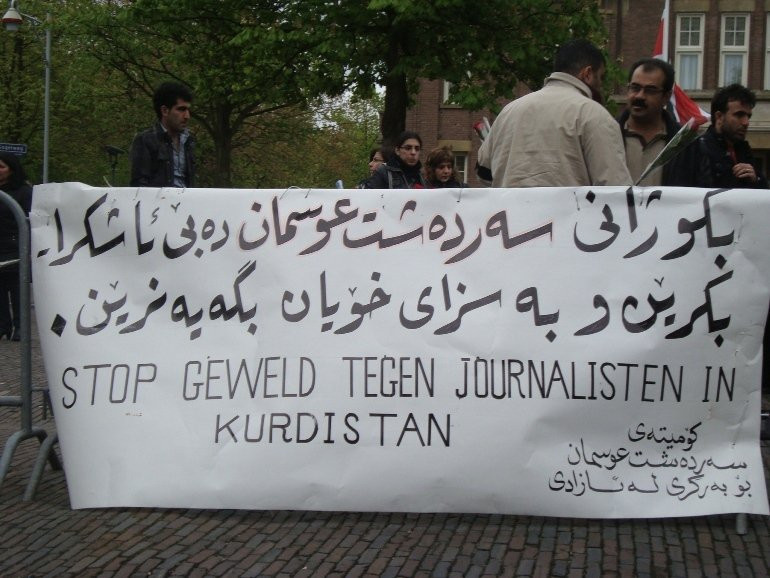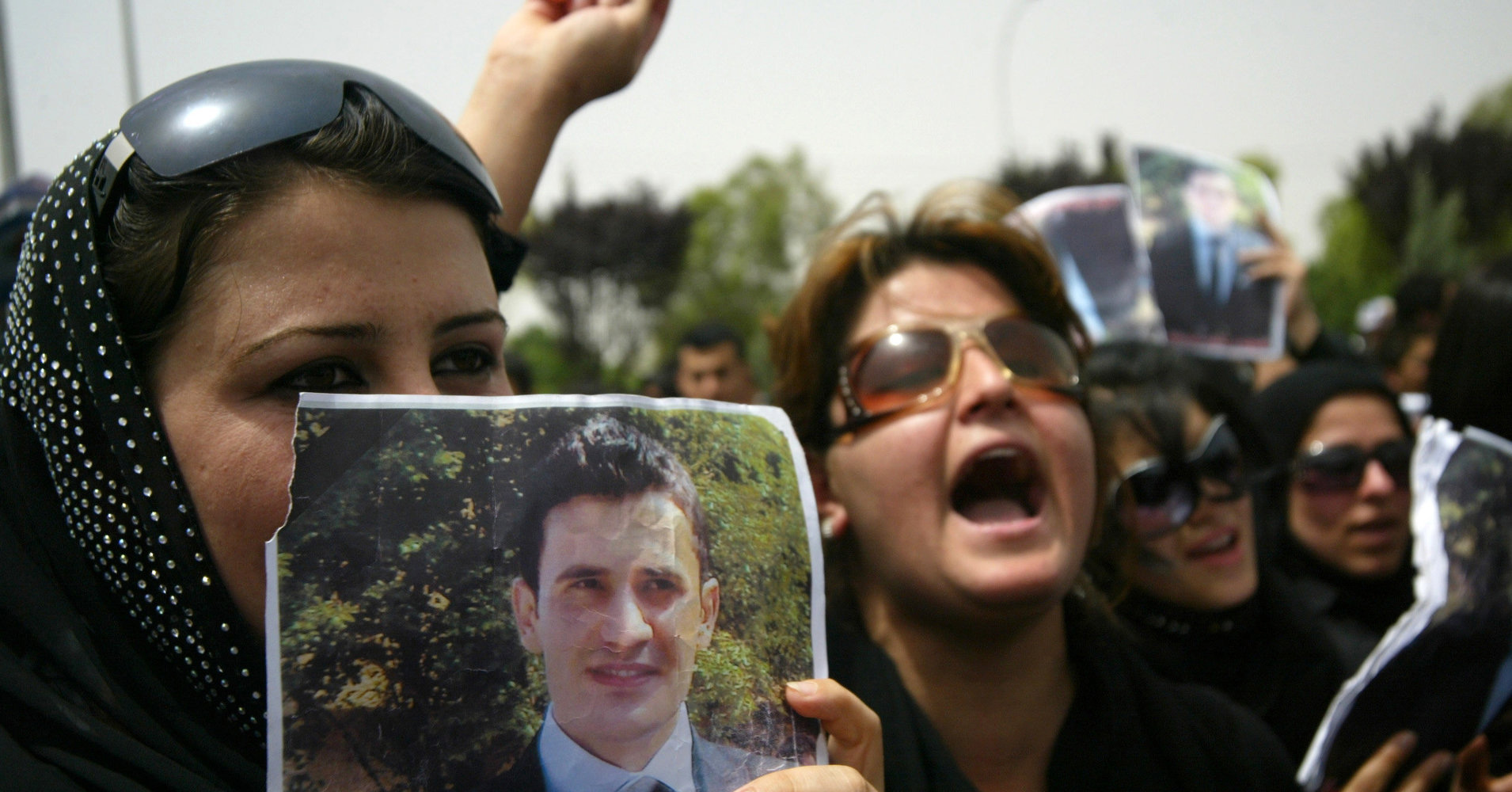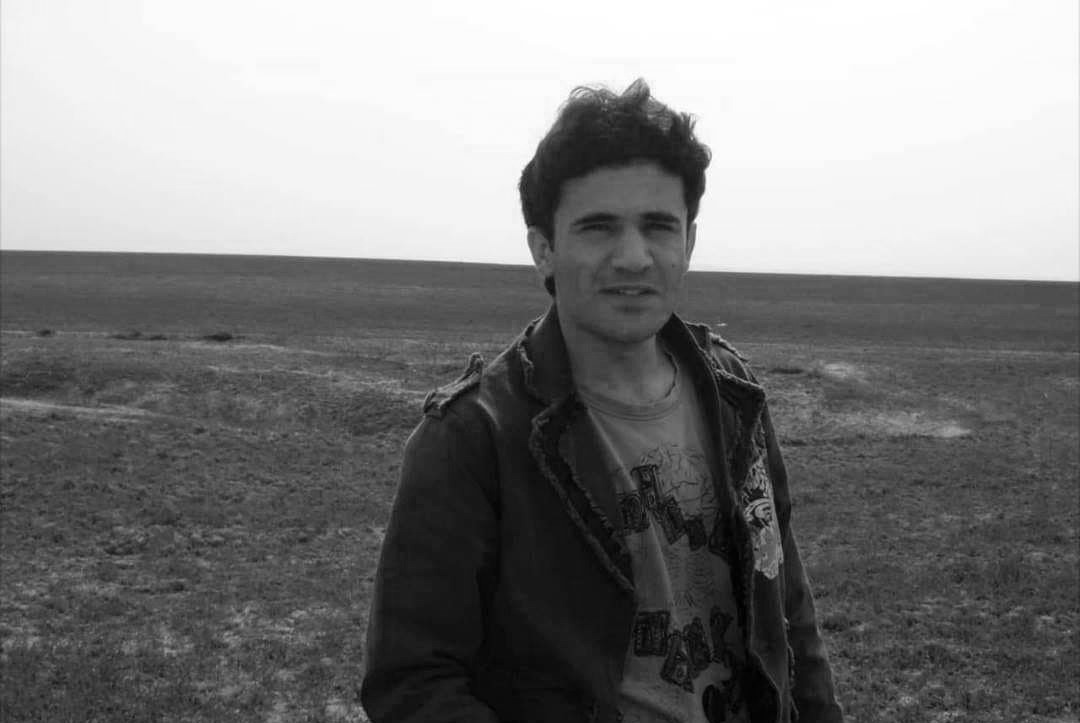Kurdish authorities were likely directly involved in the 2010 kidnapping and murder of a young journalist, a newly published investigation by three international press freedom organizations found out.
The investigation concludes a series of recommendations including for the states to impose sanctions on officials and authorities for preventing prompt, effective and impartial investigations into crimes against journalists.
The investigation, “The Assassination of Sardasht Osman: Debunking the Official Story”, is the fifth in a series of investigations to push for local justice as part of the A Safer World for the Truth initiative, a project by leading press freedom organisations Free Press Unlimited FPU, Reporters Without Borders RSF and the Committee to Protect Journalists CPJ.
A Safer World for the Truth finds, and engaged after the fact in intimidation and harassment - indicative of a larger pattern of impunity and silencing of the free press in the region.
The group’s analysis of the "official investigation" revealed significant gaps and irregularities, including a failure to interview family members and friends. Instead, they were threatened to remain silent and support the official storyline.
“The case of Sardasht is emblematic of what can happen when journalists push the boundaries of their confined freedom of expression. Sardasht wrote satirically about Kurdistan’s most powerful individuals, and was kidnapped and assassinated because of it,” states Jules Swinkels, a lead researcher for this investigation, FPU.
Inconsistencies in the official storyline are most pronounced
“Tragically, his case demonstrates that a complete lack of political will to investigate and solve murders of journalists domestically, is one of the main reasons for impunity,” Swinkels adds.
The murdered freelance journalist, Sardasht Osman, worked in the Kurdistan Region of Iraq KRI and wrote about corruption and nepotism. In December 2009, he wrote a satirical article, ‘I am in love with Barzani’s daughter’, in which he juxtaposed the luxurious lifestyle of President Massoud Barzani’s family with the hardships of average Kurdish citizens. Shortly after, he started receiving death threats.
Sardasht was student of stage four of the faculty of Arts, University of Salahaddin, when he was kidnapped on May 4th, 2010. One day later his body was found dead in the city of Mosul, center of Ninewa Province.

“Inconsistencies in the official storyline are most pronounced with regards to: the kidnapping of Sardasht, transporting Sardasht (or his body) from Erbil to Mosul, the official autopsy report, the allegation that the perpetrators were from the Ansar al-Islam terrorist group, and the alleged motive for his assassination,” the A Safer World for the Truth investigation found.
The local and international organizations, human rights advocates members of the Iraqi and Kurdistan parliaments MPs continuously express their grave concern that the journalists and the freedom of press are increasingly under threat all over Iraq including the KRI.
“A media environment in which press outlets were closely affiliated with specific political parties and ethnic factions, an opaque judiciary, and a still-developing democratic political system combined to place considerable restrictions on freedom of expression, including the press,” said the 2021 Human rights practices in Iraq by the US department of State, out early April 2022.
Following the murder of Sardasht, the security services of Erbil have published “confessions” of several people who affirmed “a terrorist group have contacted Sardasht several times to join and work for them and he rejected it so they killed him in retaliation.”
The official story was denounced and rejected by the family of Sardasht, media organizations and the activist, and described as “a scenario by the authorities to cover the main suspects for the murder of Sardasht.”
“The case of Sardasht is illustrative of the fate of many young, critical journalists in Iraqi Kurdistan, including: Asos Hardi, Kawa Garmyani, Wedad Hussein and Soran Mama Hama,” the investigation further explains.
“There are always people who don’t want to listen when you start telling the truth, who get furious at the slightest whisper. To stay alive though, we must tell the truth. I will continue to write until the last minute of my life,” Sardasht responded to one of the threats prior to his assassination.
Since Sardasht’s murder, at least 22 journalists have been killed in Iraq in connection to their work, eight of whom were killed in the Kurdistan Region of Iraq, the report adds.
“Furthermore, journalists like Sardasht who work in places with limited press freedom are often forced to self-censor to avoid crossing certain red lines that can trigger violence by authorities. Threats and attacks against these journalists are rarely investigated promptly, effectively and thoroughly.”
Iraq currently ranks 163rd out of 180 countries on the World Press Freedom Index. All the killers of murdered journalists in the KRI have operated with impunity, according to CPJ’s 2021 Global Impunity Index where Iraq is ranked third.

“The recommendations in this report provide a pathway to let justice prevail in cases of murdered journalist,” the FPU researcher states.
In light of these findings, A Safer World for the Truth has published a series of concrete recommendations to the Kurdistan Regional Government (KRG) and to the international community.
“First, Kurdish authorities must immediately end all harassment, intimidation, and threats against Sardasht’s family members and friends and initiate a transparent and impartial reinvestigation of the case of Sardasht Osman.”
Advocates should exert continuous pressure on Kurdish authorities to investigate threats against and murders of journalists
The investigation calls on “advocates, particularly those with diplomatic and economic relations to the KRG, should exert continuous pressure on Kurdish authorities to investigate threats against and murders of journalists according to international standards.”
Iraq section of the Country Reports on Human Rights Practices: Iraq in 2021, by the Bureau of Democracy, human rights and labor, documented human rights issues based credible reports of: serious restrictions on free expression and media, including violence or threats of violence against journalists, unjustified arrests and prosecutions against journalists; serious restrictions on internet freedom; substantial interference with the freedom of peaceful assembly and freedom of association.
“Third, States should impose targeted sanctions on KRG officials and authorities for preventing prompt, effective, thorough, impartial and transparent investigations into crimes against journalists.”





